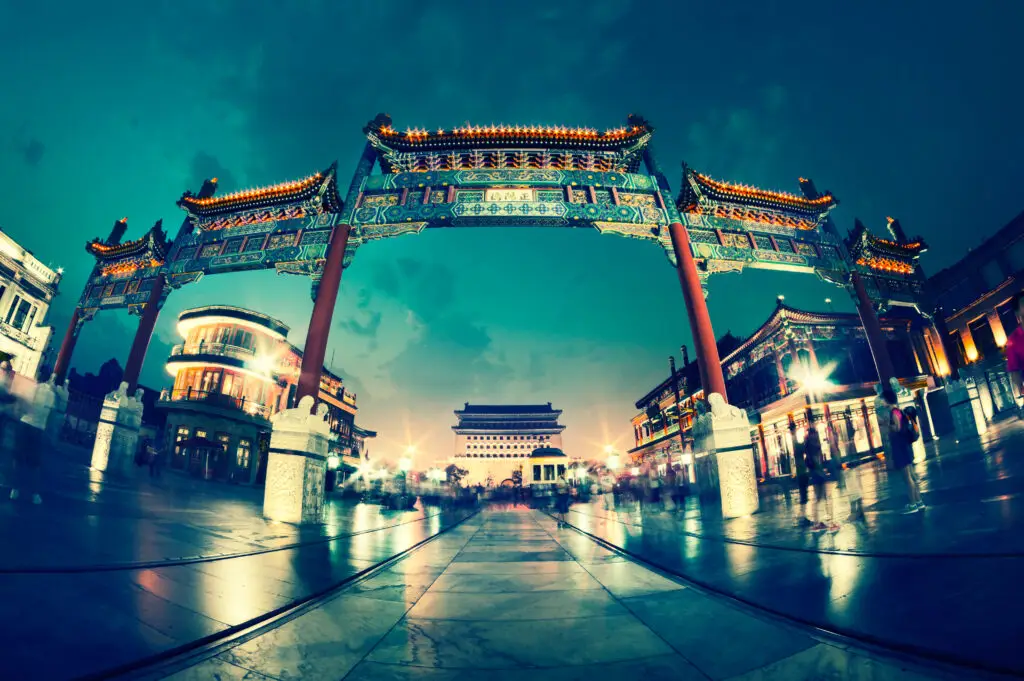What Now? Listen!!

What now? Listen!! We have waited for the election of Mr. Xi to his third term. Apart from a small amount of drama with the public humiliation and removal of former leader Hu Jintao nothing unexpected took place among the consensus of China watchers. Mr. Xi now has his people in place. The surveillance apparatus […]
Opportunity in the Midst of Adversity

Opportunity In the Midst of Adversity If you look hard enough, there’s often a silver lining in many adversities. So is the case with regard to E-Commerce sales in the People’s Republic of China. In 2022, ecommerce sales reached 15.5 CNY trillion (more than $2 Trillion). This made China the largest e-commerce market in the […]
Understanding Chinese Entrepreneurs

Word4Asia is in the business of helping US based organizations achieve their growth objectives in mainland China. Our blogs frequently discuss changes in China’s competitive landscape and what the implications for our US based clients might be. We thought it could be just as revealing to study what Chinese entrepreneurs and Chinese Americans are achieving […]
Consultant’s Corner
Growing Your Business in China Lorem ipsum dolor sit amet, consectetur adipiscing elit. Ut elit tellus, luctus nec ullamcorper mattis, pulvinar dapibus leo. When it comes to pursuing a growth strategy in China, the “right” strategy for your company really depends on the perspective of your foreign partner. This includes company values, business culture, negotiation […]
